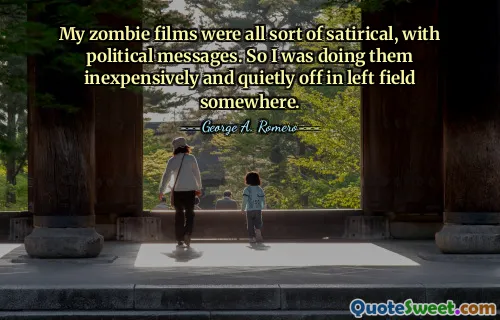
Somewhere in the '60s, actors became wimps and basket-case psychotics.
The quote offers a provocative commentary on the evolution of actors' personas during the 1960s. This was a transformative decade for cinema and stage performance, characterized by a shift from traditional, often stoic portrayals to more emotionally vulnerable and psychologically complex characters. However, the critique here suggests that this transition perhaps crossed into excess, with actors perceived as overly fragile or emotionally unstable. The phrase "wimps" implies a softness or lack of toughness, while "basket-case psychotics" references individuals struggling with severe mental health issues. Such stark language underscores a sense of disapproval or nostalgia for a perceived earlier era where actors might have been seen as more resilient or disciplined. It also hints at the broader cultural shifts of the 1960s—an era marked by experimentation, rebellion, and challenging established norms—which undoubtedly influenced theatrical and cinematic performances.
This observation invites reflection on how societal attitudes towards mental health and masculinity have evolved. Perhaps the quote demonizes vulnerability, framing it as a weakness rather than a strength, which can be problematic. Yet, it also recognizes a tension between authenticity and performance, questioning whether certain emotional expressions or mental fragility have become sensationalized artifacts of the decade's changing mores. For actors, these years represented both opportunity and peril—testing new boundaries of character and personal identity. Ultimately, the quote captures a sense of nostalgia, critique, and perhaps a bit of unease about how those societal changes manifested in the art of acting.
---Paul Morrissey---











